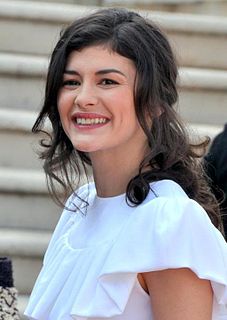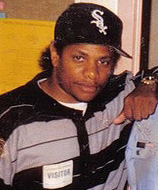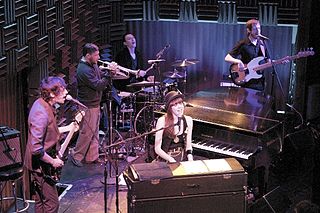A Quote by Derek Cianfrance
I always say writing is like dreaming, shooting is like living, and editing is like murder, because you take all these gifts that actors give you, and you cut them.
Related Quotes
If you take a big epic novel and you shoot it, when you get to the editing room you notice that it has 2 million climaxes, which fill the whole 90 or 100 minutes. Then you realize you can't cut them out because if somebody is dying and you cut that out it seems like they just disappear from the film.
We all take Mother's Day seriously and then it's like a month later, a bunch of kids get together and say, "I guess we should do this for the old man, too." Father Day's is weird. It's like celebrating Darth Vader's birthday. It's odd I think. Even the gifts we give dads. Like neckties, which are just like a silk noose. Or books. Would you ever want someone from another generation to give you a book?
I want to get out of the way of the actors. I want to get out of their eye lines. I want to them to stop thinking they're making a movie. I want them to just go and live. It's like you take these great actors and put them in an aquarium of life, and just watch them swim. That's what makes editing tough because you get all these beautiful, unplanned moments.
Ever since 'Strange Heaven,' I haven't really reread my old work. Not so much because I don't like the writer I was, or because I find flaws in the writing, but more because I get so burnt out on a novel once I've finished writing, revising, editing and copy editing it that I genuinely never want to look at it again after it's gone to press.
As a young filmmaker, I shot a lot of stuff because I wanted to make sure that I got everything, but now I've gotten much more precise with my shooting. Editing is a whole other layer because then, sometimes you realize characters don't even need to say this or that. It becomes an issue of exposition, and over-explaining something. In the script, I'd reinforce certain things about what I wanted people to know two or three times, but in the editing room, I'd be like, "I only need to say this once, maybe twice."
I stalk certain words... I catch them in mid-flight, as they buzz past, I trap them, clean them, peel them, I set myself in front of the dish, they have a crystalline texture to me, vibrant, ivory, vegetable, oily, like fruit, like algae, like agates, like olives... I stir them, I shake them, I drink them, I gulp them down, I mash them, I garnish them... I leave them in my poem like stalactites, like slivers of polished wood, like coals, like pickings from a shipwreck, gifts from the waves... Everything exists in the word.
The costume the actors wear and if they're in stylized makeup and wigs in a live-action movie let's say, in a big costume drama, even though it does give them a sense of great ambience and environment and they kind of feel like they're in a great court, or if they feel like they're in the old west, or if they feel like they're being chased by hobbits or dinosaurs, it all comes down to the actors looking each other in the eye.
Nowadays theologians aren't quite so straightforward as Paley. They don't point to complex living mechanisms and say that they are self-evidently designed by a creator, just like a watch. But there is a tendency to point to them and say 'It is impossible to believe' that such complexity, or such perfection, could have evolved by natural selection. Whenever I read such a remark, I always feel like writing 'Speak for yourself' in the margin.
I definitely have recurring dreams. My dreams are crazy and surreal, which is why I appreciate Carl Jung, 'cause I feel that there has to be some kind of correlation. My dreams are like surreal sci-fi thrillers, and I don't spend time watching stuff like that. I never grew up on stuff like that. I've always just had very, very vivid dreams. This is awful to say, but, lately, I've been dreaming about witnessing murder a lot. What does this mean?


































